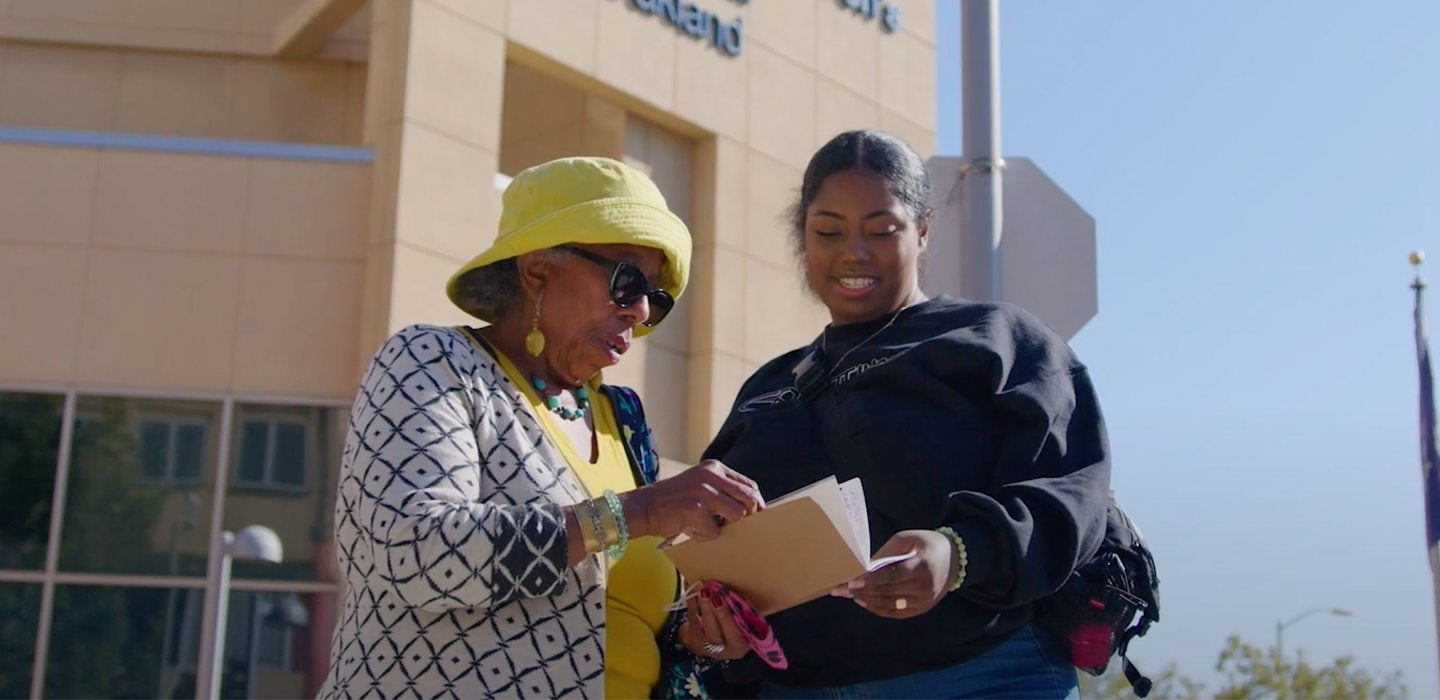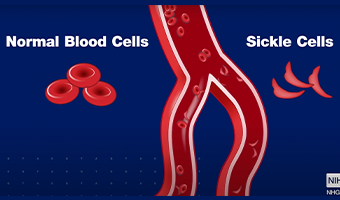Sickle Cell: Closing in on a Cure

UCSF Benioff Children’s Hospital Oakland has received $17 million – the largest research grant in its history – to launch an innovative clinical trial that aims to cure sickle cell disease. The study will use CRISPR-Cas9 gene editing technology on patients’ own blood stem cells to correct the mutated gene that causes the debilitating disorder. Meet one patient whose future depends on it.
Brooklyn Haynes, 26, has been a patient at UCSF Benioff Children’s Hospitals since she was just two months old. She suffers from sickle cell disease – a hereditary red blood cell disorder that is present at birth and continues throughout life. Its hallmark is pain.
"The most challenging part for me and this disease is definitely the pain," Brooklyn says. "Getting out of bed every day is a struggle. Working a job has been the hardest thing because it literally feels like my bones are breaking."

Sickle cell disease, which disproportionately affects people of African descent, is caused when misshapen and damaged red blood cells block the flow of oxygen and fluids into the smallest blood vessels in the body, resulting in excruciating pain. While the disease was identified more than a century ago, until recently, there have been few therapies available due to lack of funding.
"The reason for that really lies in structural racism,” says Marsha Treadwell, MD. “There are disparities in funding and that’s really the crux of why we haven’t gotten to a cure yet."
For decades, UCSF Benioff Children’s Hospital Oakland has been a national leader in sickle cell research, care and advocacy aimed at raising the voices of people affected by the disease. And in the wake of the recent racial reckoning in the United States, the medical community has acknowledged the impact of discrimination on sickle cell research, and there has been broad new investment in finding a cure.
In December, UCSF received funding to launch a four-year clinical trial. The trial – which is part of a UC research consortium led by UCSF with UCLA and UC Berkeley – will be the first to apply CRISPR-Cas9 technology in humans. With CRISPR, scientists can modify the sickle DNA in a child’s own blood cells and use those healthy cells to eliminate the disease. As a first step, researchers will begin enrolling patients in a clinical trial in the coming months.
"We are finally putting resources toward people with sickle cell disease who have so long lacked basic care,” says Dr. Treadwell. “A cure can revolutionize and change [these patients’] lives."
For Brooklyn, the prospect of being able to have a normal life is more than enough.
"We want to live, just like everybody else," she says. "Finding a cure means finding a future."